There is great necessity of the management of crop plants which can solve the great problem of food in the aridand semi-aird regions and can adapt and produce in these conditions. The common names of pearl millets are Pennisetum typhoides (Burm), Stapf and Hubb and pennisetum glaucum (L.) Br. The actual name P. americanum is given by Clusias. Pearl millet is of African origin and Domesticated. According to Vavilov pearl millet is originated in Ethiopia. Murdock put forward its origin in Africa near Niger River. The great diversity is found in West African regions, South of Sahara desert and Sahel regions. Pearl millet is sown in the arid and semiarid tropical regions with annual temperature ranging from 18 to 35 c, precipitations of 200-600 mm per year under rainfed situations. The poor distribution, frequency and duration of precipitation generates severe drought which affect the grain yield and forage. Pearl millet has capacity to produce under these conditions compared to other traditional crops. The improvement of pearl millet and other minor cereals are potential sources of food has been appreciated in these regions, compared to other crops similar to rice, wheat and maize in developed countries. In Africa, India, China, Korea, Japan, the millets are cultivated abundantly for human and animal food in the arid and semiarid regions under rainfed conditions. Owing to increasing populations and the greater demand of food, it is a great necessity to incorporate the crop species for better adaptation to the stress situations such as high temperature, drought, poor fertile, salinity, alkalinity of soils. The present pretend to contribute an extensive research review during the last decade on various disciplines of pearl millet starting from origin, crop physiology, to biotechnology. The book aims to serve as a major source of information for the students, researcher, farmers and producers to know about research advances on capsicum sciences made by the scientists throughout the world.
ABOUT THE AUTHOR N.C. Sarkar
Dr. N.C. Sarkar (b. 1976) has completed his B.Sc. (Ag.) Hons from Bidhan Chandra Krishi Viswavidyalaya (BCKV), Mohanpur, West Bengal and M.Sc. (Ag) in Agronomy from G.B. Pant Univearsity of Agri. & Tech., Pantnagar, Uttaranchal. Then he did his Ph.D. from division of Agronomy, Indian Agricultural Research Institute (IARI), India's premier agriculture Institution, New Delhi. The Author was the recipient of Junior Research Fellowship (JRF) during Masters and institutional Senior Fellowship during Doctorate programme. His specialization of research includes weed science, fertilizer management and Greenhouse gasses. He has research publications both in International and National Journals; also credits of articles on renounced Indian publications viz. Employment News, Science Reporter, Intensive Agriculture. He has participated and presented research papers in National and International symposia, conferences. he is member of Indian Society of Agronomy, Indian Society of Agricultural Sciences.
ABOUT THE AUTHOR R.K. Maiti
Dr. Ratikanta Maiti is a renowned Botanist of international repute with specialisation n Crop Physiology. He obtained Ph.D and D.Sc in Botany from Calcutta University, India. he worked for 9 years as a Senior Botanist in Jute Agricultural Research Institute, Barrackpore (I.C.A.R.), Calcutta. Then he worked for 10 years as a Senior Plant Physiologist in International Crop Research Institute for Semi-arid Tropics (ICRISAT), Patancheru, India. Then he worked as Professor and Research Scientist in two universities in Mexico for 10 years. He enjoyed Mexican Govt. sponsored Senior National Research Scientist for continuous 18 years. At present, he is an Honorary Consultant (seeds) in Vibha Agrotech Ltd., Hyderabad, India and working on different aspects of physiology of various crops mainly pearl millet, maize, sunflower, cotton, paddy, etc. He won several international awards such as International Scientist Award offered by IBC, Cambridge and Ethnobotanist Award-2003 sponsored by Friends University, U.S.A. and U.N.D.P. He has published over 350 research papers in more than 40 national and international scientific juornals. Also, Dr. Maiti has published more than 20 books namely Advances in Potato Science by Gaurav Society of ARIC, Hisar, India and Sorghum Science, Bean Science, Pearly Millet Science, Peanut Crop, Advances in Chickpea Science, World Fibre Crops by Oxford & IBH Book company, New Delhi and Science Publisher, U.S.A.
ABOUT THE AUTHOR S.S. Purohit
Dr. S.S. Purohit (b. July, 1948) obtained M.Sc. (Gold Medal) and Ph.D. in Botany from Udaipur University, Udaipur. He was guest scientist in various foreign universities. He has 30 years of teaching experience of UG and PG students specially Plant Physiology and Biotechnology. He has guided 12 M. Phil and 5 Ph.D. students. He is a well known author of 30 nooks of national and international repute. He has edited an International series entitled: Hormonal Regulation of Plant Growth and Development in Six Volumes and two Volumes have been reprinted by W. Junk Publishers, Holland. Presently he is the Managing Director of Agrobios (India) and Chief Editor Agrobios News Letter.
ABOUT THE AUTHOR V P Singh
V.P. Singh is Retd Professor & Head, Department of Plant Sciences (IEMPS), Vikram University, Ujjain (M.P.). He obtained his M.Sc. (1966) and Ph.D. (1971) from Vikram University, Ujjain (M.P.), specializing in Forest ecology, Mangrove ecology, Metal toxicity. He has had a brilliant academic carrier followed by over 36 years of teaching and conducting research in Botany at postgraduate as well as research levels. Dr. Singh has guided 25 Ph.D. students and Published 125 research Papers in National and International periodicals. He is also an author of 11 books in his own specialized fields. He has attended and participated in many seminars, workshops and conferences. Presently he is engaged in the work on the Medicinal Flora of Western Madhya Pradesh.

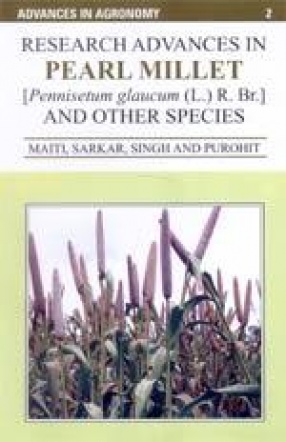
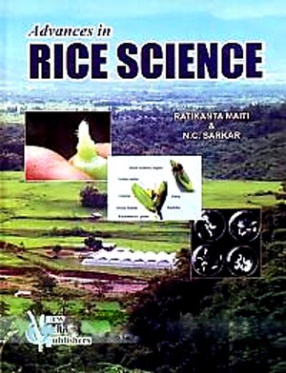
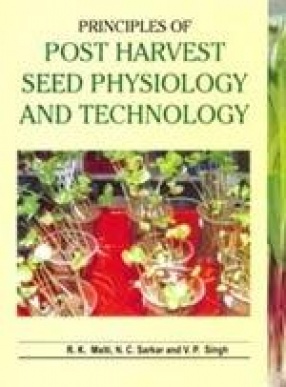
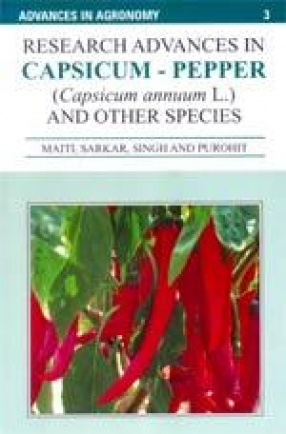
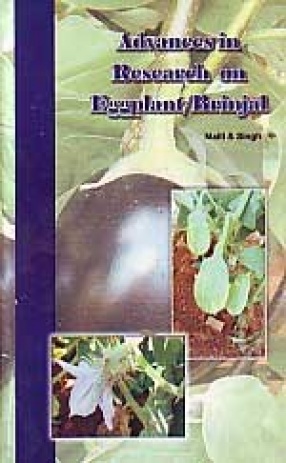


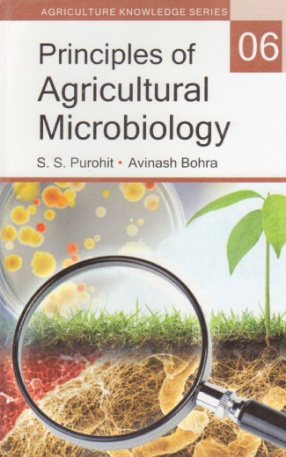
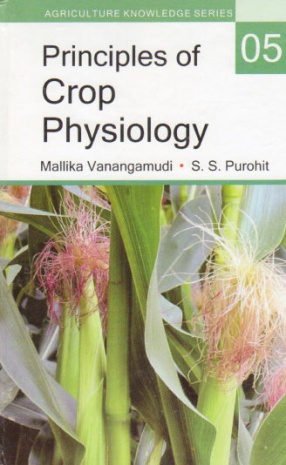
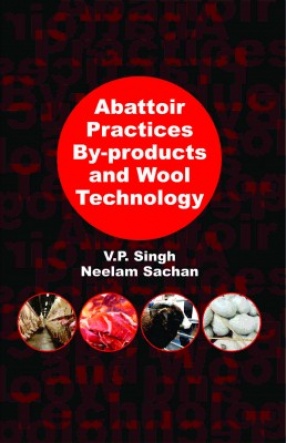
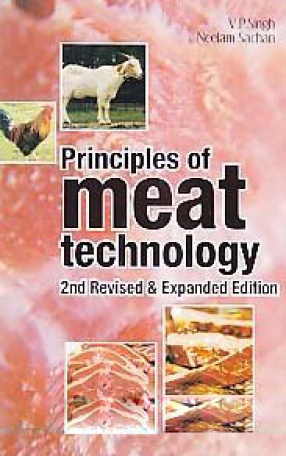
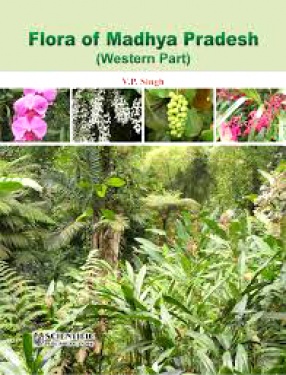
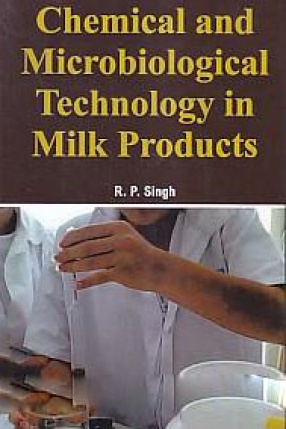
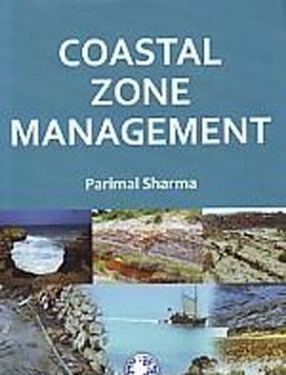
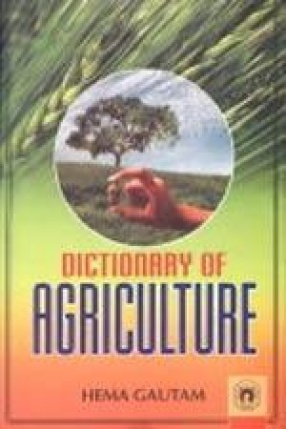
There are no reviews yet.